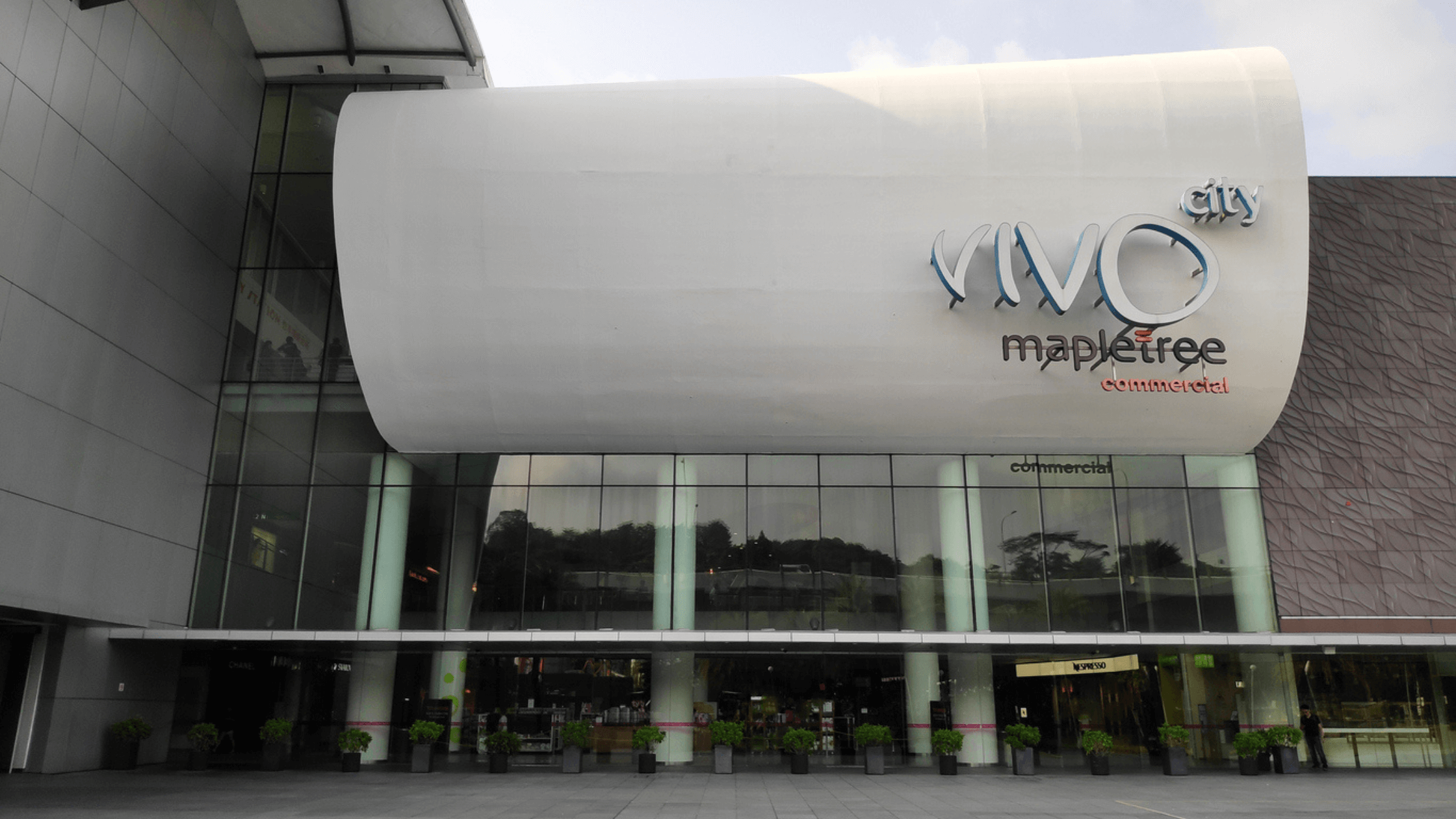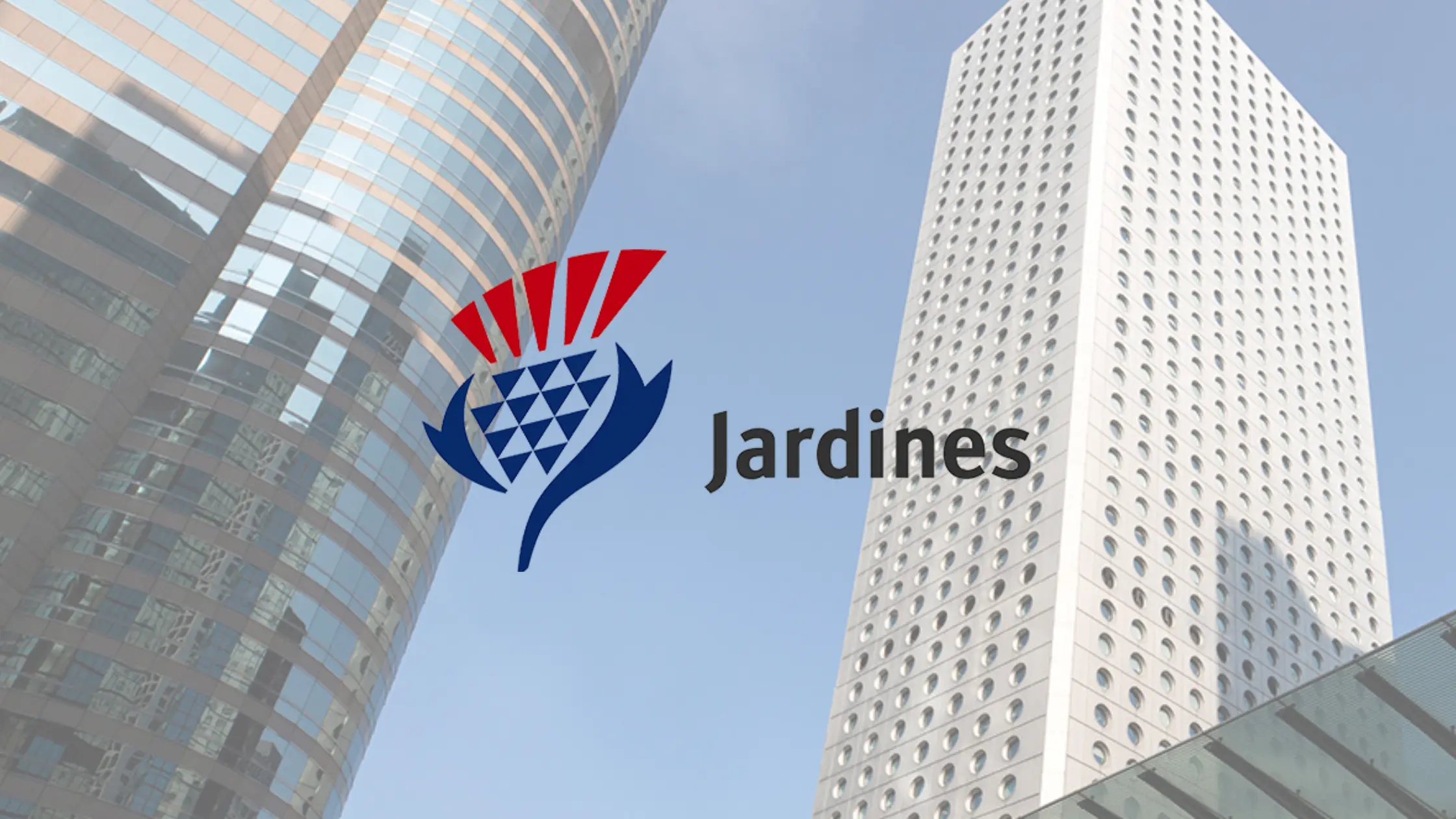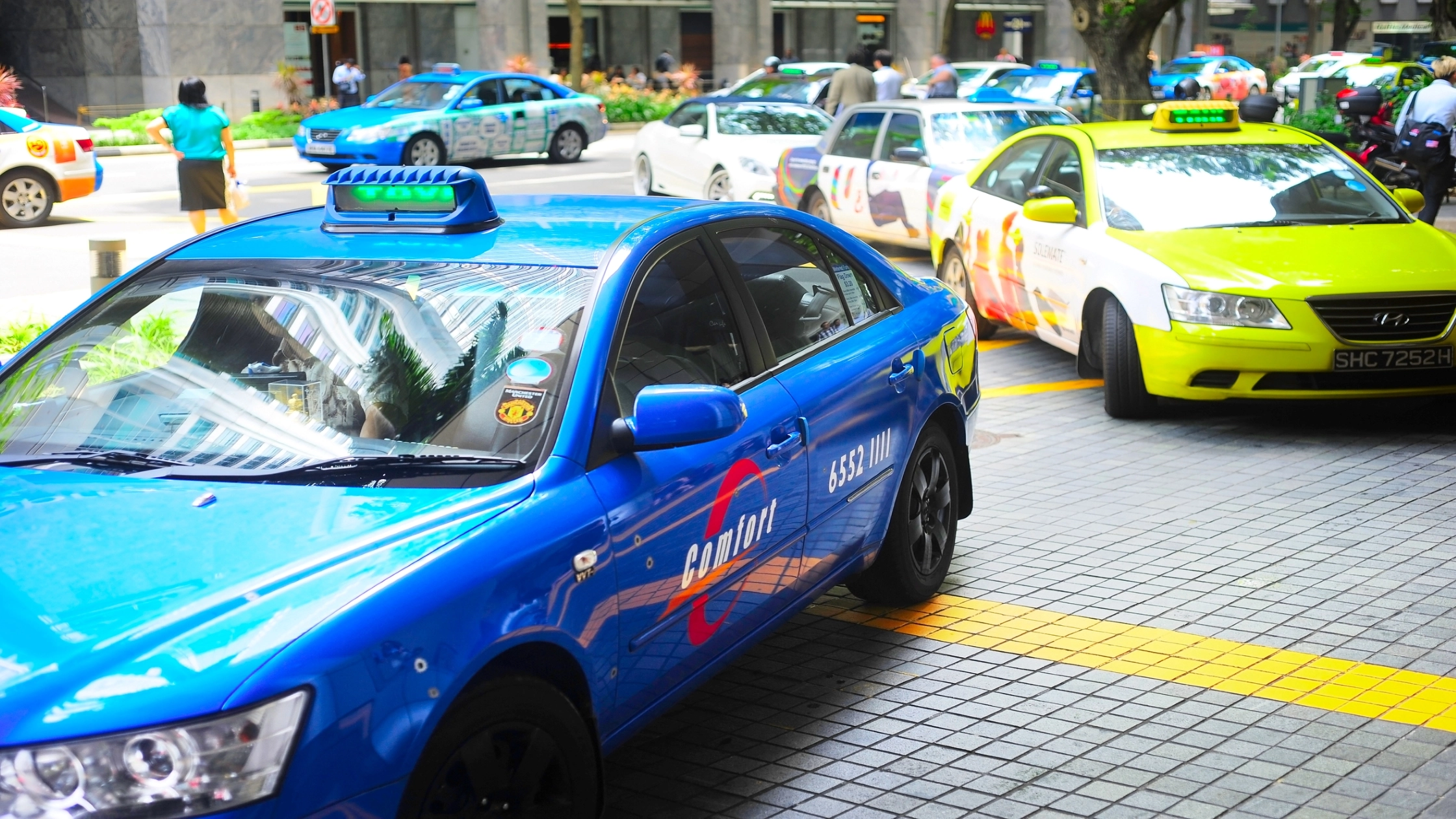Mapletree Commercial Trust Results: Here’s What Investors Should Know
November 10, 2021

The majority of Singapore’s large-cap stocks have reported earnings for the third quarter of 2021. Last week, all three Singapore banks posted quarterly numbers for investors to digest.
In late October, though, there were a flurry of earnings announcements from heavyweight Singapore real estate investment trusts (REITs).
One of the biggest of those was Mapletree Commercial Trust (SGX: N2IU), a retail and commercial property REIT that owns properties such as VivoCity, and Mapletree Business City I and II.
Mapletree Commercial Trust has been one of the biggest REIT winners for investors over the past decade, so it was interesting to see how it performed in its H1 fiscal year (FY) 21/22 period (for the six months ending 30 September 2021).
So, for investors interested in Singapore REITs, here’s what one of the biggest reported when it released its earnings on 27 October.
Green across the board
Also known as “MCT”, it was a half-year period of redemption for the REIT when compared to the turbulence it saw in the same period in 2020.
For the H1 FY21/22 period, MCT saw net property income climb 10.7% year-on-year to S$189.9 million while gross revenue hit S$243.7 million – up 11.5% year-on-year.
That all-important distribution per unit (DPU) – basically the REIT version of a dividend – was up 5.3% year-on-year in the first half to 4.39 Singapore cents.
However, that needs to be taken in context as in the same six-month period in 2020, the REIT had seen its DPU fall 9.9% year-on-year on the back of lockdowns amid Covid-19.
While it only owns six properties in its portfolio, MCT did see a slight increase in the valuation of its portfolio. As of 30 September 2021, its portfolio was valued at S$8.78 billion versus S$8.74 billion as of 31 March 2021.
Occupancy and traffic improving
Overall portfolio occupancy for the REIT climbed quarter-on-quarter to 93.3% as of 30 September 2021.
However, with committed leases taken into account, MCT ended the period with an occupancy rate of 96%. That is favourable versus its end-June 2021 occupancy rate of 92.6%.
VivoCity, which contributes nearly one-third of MCT’s overall net property income, saw shopper traffic up 31.6% year-on-year while tenant sales also saw a 30.4% year-on-year bump to S$338.9 million.
That’s a positive development for the REIT and if Singapore continues to ease restrictions on dining and going out then that looks set to improve further.
Solid financial metrics
MCT’s gearing ratio actually dropped to 33.7% by the end of the period, well below the 50% ceiling set by the Monetary Authority of Singapore (MAS).
Interest coverage ratio (ICR) was stable at 4.8 times while its weighted average all-in cost of debt fell two basis points to end the period at a very low 2.42%.
In terms of debt maturity, visibility is high given only around 25% of its total gross debt of nearly S$3 billion is due in the next 30 months.
Watch for leasing activity going into 2022
While it was a promising quarter for one of Singapore’s largest listed REITs, MCT has issues that long-term investors need to monitor.
For one, how the post-pandemic office environment will look once everyone returns to the office is something commercial REITs are having to grapple with globally. Singapore is no exception.
On the retail side, MCT will have to improve its offerings at malls such as VivoCity so that footfall will continue to grow.
MCT’s overall weighted average lease expiry (WALE) is relatively short, at just 2.8 years, which means investors will have to ensure renewed leases are being taken on at higher rates.
While MCT units currently boast a 12-month forward dividend yield of 4.2%, there are still questions for investors to ponder amid an admittedly strong showing from the REIT.
Disclaimer: ProsperUs Head of Content & Investment Lead Tim Phillips doesn’t own shares of any companies mentioned.

Tim Phillips
Tim, based in Singapore but from Hong Kong, caught the investing bug as a teenager and is a passionate advocate of responsible long-term investing as a great way to build wealth.
He has worked in various content roles at Schroders and the Motley Fool, with a focus on Asian stocks, but believes in buying great businesses – wherever they may be. He is also a certified SGX Academy Trainer.
In his spare time, Tim enjoys running after his two young sons, playing football and practicing yoga.







